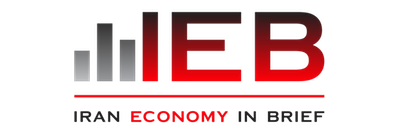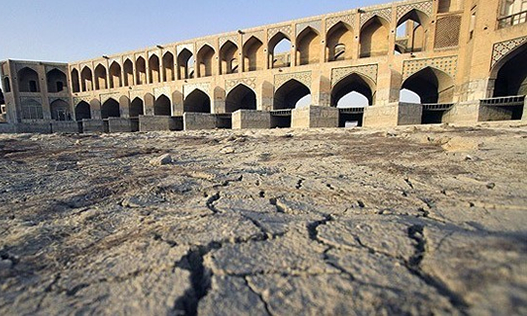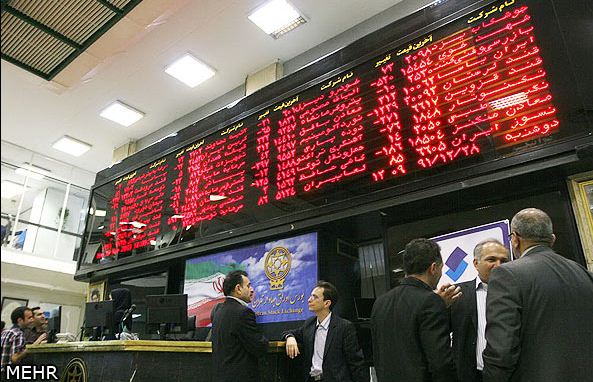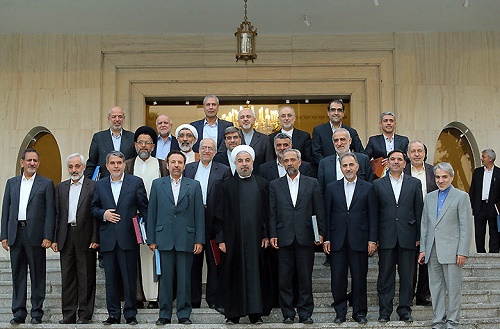
Reshuffling; also in Iran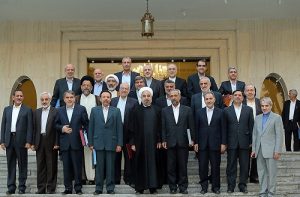
Three ministers of Dr. Rohani’s cabinet have resigned this week, that is to say, their resignation requests have been accepted by the president Rohani.
Minister of Cultural and Islamic Guidance, Minister of Education and Minister of Youth Affairs and Sports should now be replaced.
Rumours of resignation of Mr. Nematzadeh, Minister of Industry and Trade, and Dr. Tayyebnia, Minister of Economic Affairs and Finance, have been denied by the Government. Will this reshuffling support Dr. Rohani for the next presidential election in June 2017, we have to wait and see.
Enough Gasoline for Everybody
“From the next March, Iran will not need to import petrol (Benzin) anymore”, said Mr. Zanganeh, Oil Minister of Iran, this week announcing that soon the Persian Gulf Star Refinery will come on stream.
Persian Gulf Star Refinery can produce 35 million litres of petrol and 14 million litres of diesel daily. Average daily consumption of petrol is around 70 million litres, whereas the existing refineries can produce only about 45 million litres of Benzin per day.
Iran’s focus is changing from just selling its oil and gas towards developing its petrochemical industry in order to sell products with more added value.
Good Days Back for Esfahan Steel Company?
Esfahan Steel Company and The Islamic Republic of Iran Railway Company have signed an agreement whereby the former will produce rail tracks for the latter, believing this new product could revolutionise its profit margin.
Esfahan Steel Company says it has the capacity to produce 400,000 tons of rail tracks per annum, although the annual need of the country has been around 100,000 tones so far.
By anticipating the sales of 150,000 tons of rail tracks in the current Iranian fiscal year (March2016-2017), the company has predicted 5% increase on its profit margin.
